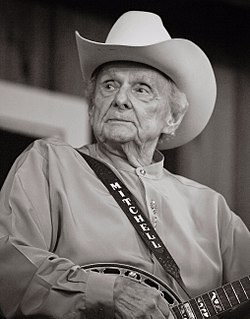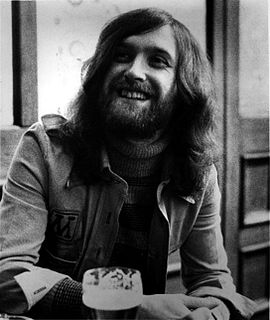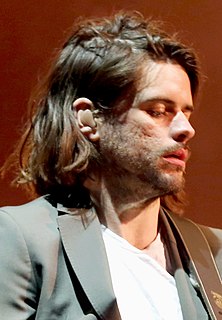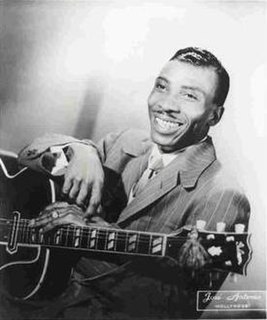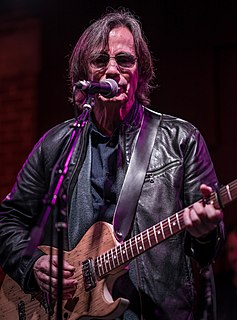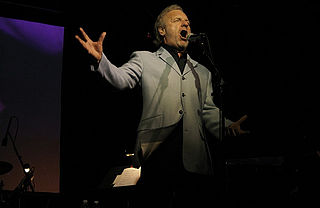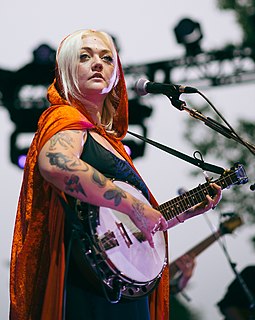A Quote by Anthony Hopkins
Related Quotes
I just naturally started to play music. My whole family played-my daddy played, my mother played. My daddy played bass, my cousin played banjo, guitar and mandolin. We played at root beer stands, like the .Drive-ins they have now, making $2.50 a night, and we had a cigar box for the kitty that we passed around, sometimes making fifty or sixty dollars a night. Of course we didn't get none of it, we kids.
My first banjo? My mother's sister, my aunt, lived about a mile from where we did, and she raised some hogs. And she had - her - the hog - the mother - they called the mother a sow - of a hog. And she had some pigs. Well, the pigs were real pretty, and I was going to high school and I was taking agriculture in school. And I sort of got a notion that I'd like to do that, raise some hogs. And so my aunt had this old banjo, and my mother told me, said, which do you want, the pig or a banjo? And each one of them's $5 each. I said, I'll just take the banjo.
I first heard the banjo on the Beverly Hillbillies, and from then on I was banjo-conscious. But I didn't actually get one until my grandfather gave me one, almost by mistake. He knew I was playing a little bit of guitar. He saw a banjo at a flea market and bought it. I took it home with me and just never put it down. I was fifteen.

